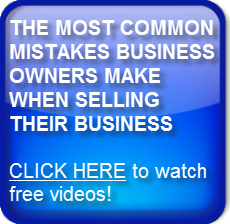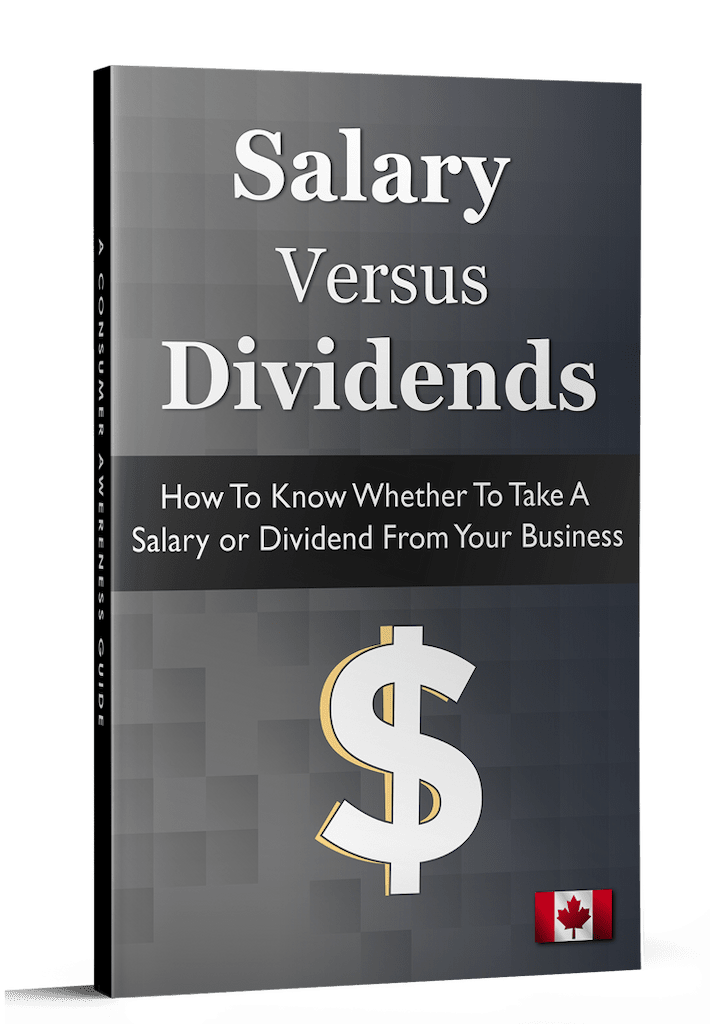The Retirement Trick.
Podcast: Play in new window | Download
Subscribe: Apple Podcasts | RSS
WELCOME TO THE KEY TO RETIREMENT™ PODCAST!
To subscribe to the podcast, please use the links below:
If you have a chance, please leave me an honest rating and review on iTunes by clicking here. It will help the show and its ranking in iTunes immensely! I appreciate it! Enjoy the show!
In This Episode
In this edition of The Key To Retirement, we’re going to talk about The Retirement Trick.
Bonus Segment
In today’s bonus segment we’re going to give you a tool to use to Trick yourself into a fun and comfortable retirement.
And if you’d like to get a jump start on finding the answers to your key financial planning questions, using our proven system, you can book your risk free, no-obligation initial meeting. One of our specifically trained Certified Financial Planners will be pleased to walk you through The KAIZEN Financial Planning Process. Visit us online, at ironshield.ca, to obtain our contact information, then simply call or email to book your free initial meeting.
Links to things mentioned in this episode:
- The Retirement Trick Worksheet (I must give credit where credit is due. This worksheet was inspired by a tool developed by Dan Sullivan of The Strategic Coach. In his coaching program (of which I am a faithful student) we are presented with The “Retirement” Trick worksheet to assist us with the idea of ‘retiring’ from everything we don’t like doing and expanding what we love to do. I recognized the power of this tool and developed my own version to assist clients with their thinking about what things they would like to spend more of their time on while retired.
![]()
![]() Subscribe via RSS (non-iTunes feed)
Subscribe via RSS (non-iTunes feed)
Episode Transcript
Scott: As a financial planner, if I do my job right, then you will retire at the age and with the money that you desire. Now, call me crazy, but I want more for my clients than that.
Cathy: You mean more money?
Scott: (Chuckle) Likely that would be appreciated, but no. It’s not just about the money.
I’ve seen many people retire. Some successfully and some not so successfully. And, it’s been my experience in helping clients achieve their financial goals for retirement, that the traditional idea of retirement is flawed.
Let me explain. You see, my clients are probably a lot like the people who are listening to this podcast – hard working and busy. They’re executives, they’re professionals, they’re self-employed… And, they’re all getting closer and closer to retirement.
They value the advice of a CFP because they don’t have the time or the expertise to do the financial planning themselves. And they want it done right. They want to make sure they’re not making mistakes with their money, that they’re on track for a comfortable retirement and that they’re doing things in the most tax efficient manner.
But just getting there is not enough. Despite the demands on their time, my clients – after 40+ years in the workforce – are just not ready to change gears and spend the next however many years, sitting on a beach. Though they may not realize that yet.
Cathy: You know the idea of sitting on a beach really appeals right now. And I suppose for the first couple of weeks I would enjoy not having to get out of bed in the morning. Kind of like one Sunday after another. But soon I’d be looking for a reason to get out of bed again. Because I actually do thrive on projects and deadlines – the sense of accomplishment when you get the job done. I must say, I get a lot of satisfaction out of that – though I would prefer a less hectic pace!
Scott: Exactly! That’s what I’ve found with the majority of my clients who’ve successfully retired over the years. And it’s led me to change the way I think about retirement – both mine and my clients’.
I no longer refer to a retirement date as the date that you’ll retire from work. I like to refer to it as a “financial freedom” date – the date that you will retire from those things that you don’t want to work at any longer. And the things you do want to work at, well that becomes the basis for your new lifestyle, the one you will enjoy through your retirement years…
Which reminds me of something… Remember a few years ago we attended a New Year’s Eve party where one of the guests posed a very interesting question? The question was: “If you didn’t have to work for money, what job or career would you choose”? A fascinating question! After we each digested it, we took turns – digging deep – to come up with the thing or things that we would do, even if we weren’t getting paid to do so – our passion.
I must say – after we each began to share our thoughts – I came to realize that I’d really only known some of these people in a superficial way, and, I truly believe that by expressing ourselves the way we did, we came to know ourselves better too.
It got me to thinking that, that job, that career, that “pursuit” that you would do even if you weren’t paid to do it – whatever it is – no longer has to be the path not taken. I believe retirement, if planned properly, provides the freedom to focus on the things you love and enjoy doing.
Cathy:
You know, Scott, I think you’ve hit on something important here, something that’s missing from the dollars and cents of a financial plan. If you don’t put some time now into thinking about what you’ll do with your time later, you may be missing an opportunity to maximize your enjoyment of those retirement years. Transitions aren’t always easy to make.
Being newly retired – even with financial resources – can leave people feeling a little lost. I’ve seen it happen. And it would be a shame to think that your quality of life might actually decline in retirement – solely because there’s not enough going on that’s stimulating and rewarding. Is there a way we can help clients through this pre-retirement stage?
Scott:
Absolutely! And, to go one better, there’s no reason why everyone can’t start on their “retirement” TODAY!
Now, that doesn’t mean that you need to retire today in order to begin to enjoy those passions. It means that you need to look at your “idea” of retirement a little differently.
What’s stopping us from taking mini-retirements now? Turn your vacations into “mini-retirements” and give yourself permission to try new things – a new hobby, activity, or even a new business opportunity. You’ll also want to ask yourself what activities you enjoy and want to do more of. Think about the ways in which your creativity can be channeled. You may stay on your existing career path, but perhaps in a modified way. And maybe you can begin a subtle shift – offloading some aspects of what you do now, that don’t energize you – to focus on those that do. And when the aspects of work that you do enjoy outweigh those that you don’t enjoy, suddenly retirement doesn’t have to mean the end of work altogether.
We’re talking now in fairly broad strokes about the process we go through with clients, but when you actually get down to it – when you ask and answer these questions – the results are quite astounding. Often, there’s the realization that these “changes” that you’re contemplating for your retirement years – a date that may “financially” still be 5 or more years away – are in many ways do-able now. You may find that you can begin to make some progress, make some changes now. And that goes a long way to improving your quality of life now, as well as creating the framework for an active, creative and fulfilling retirement.
Cathy:
It’s said if you can “see” it, you can believe it. A retirement you can visualize is one that would be far easier to plan for. Can you put it into a step-by-step?
Scott:
Absolutely! I call it The Retirement Trick and it’s easier than you might think. Here’s how it works:
Answer these questions…
- If you were retired today, what activities would you immediately stop doing? Why?
- If you were retired today, what activities would you continue or start doing? Why?
Now that you have a list of each:
- Review each item that you would immediately stop doing. Are there changes you can make today to stop any of these activities? List them.
- Beside each item in the list of changes you just created, write down in bullet-point form, what the benefits are that you would receive in 12 months if you made this change?
- Now that you have a list of the benefits from each change, in the next column, write down some of the biggest obstacles that exist today, that are holding you back from receiving these benefits in the next year. Be specific.
- Now, here’s the amazing part about how our minds are wired. When we see obstacles, our minds begin to work on solutions to overcome those obstacles. List all of the ideas and strategies that come to you. Now that you are clear on what is, or what may be, standing in your way, you can begin to work on solving these problems. Write these solutions down.
Keep this list close to you. And update it, as more ideas come to you. As time goes by, more solutions will come. Keeping this list handy will provide you with a place to record the solutions. Review this document at the beginning of each week. You’ll be amazed at how quickly some of these obstacles begin to disappear. All because you “tricked” yourself into becoming clear on what was standing in your way. This was the missing link.
Repeat this process with the list of activities that you would continue or start doing.
Now, in the show notes, I will put a download-able version of this tool that you can use. So, go there now, and take the 15 minutes that is required to trick yourself into laying the foundation for a successful retirement.
Bonus Segment
On today’s bonus segment, we’re giving you The Retirement Trick tool and user guide to use to help you lay the foundation for a successful retirement.
Visit www.keytoretirement.ca and click on the Podcast link. There, you will look for Podcast Episode 4, where you will find our free, down-loadable tool, called The Retirement Trick. Simply re-listen to the section of the podcast where we walked you through how to use the tool successfully.










